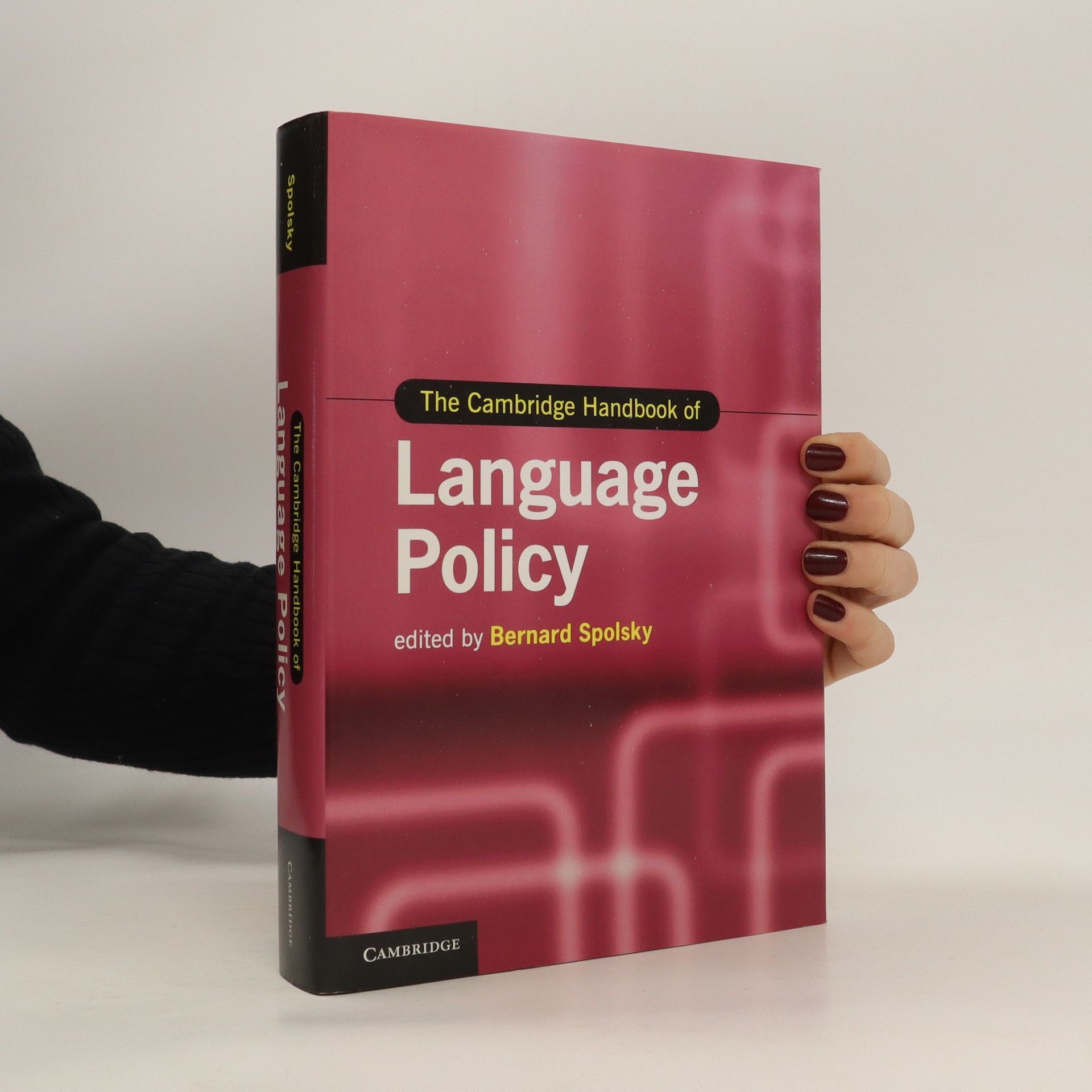Language Policy
- 264 Seiten
- 10 Lesestunden
Focusing on contemporary language policy debates, the book examines critical topics such as language correctness, bilingualism, and the preservation of endangered languages. It addresses language choice as a fundamental human right and delves into language education policy. Spolsky presents a theory of modern national language policy, highlighting the significant forces shaping it and exploring essential questions regarding the recognition and management of language policies.

